Gabriel Popkin - Is it foolish to model nature’s complexity with equations?
Is it possible to model nature? We run into all sorts of problems with ecological models. And do we have to use equations? Chaos Theory can do neat tricks. It can link variables that are don’t cause the effect to predict the effect. What? Yeah! Check this one out if you dare. It’s not as complex as it sounds :).

Simon Parkin - The Brain in the Machine
Steve Grand. This guy! Holy smokes. He’s programming animals. But he’s not mimicking the behavior of animals in code. He’s programming them on an almost cellular level. Programming virtual neurons and enzymes. Animals get hungry, need to go hunting. To go hunting, they need to scout the surroundings. To do that they need to learn to move. Etc. It’s an insanely big project. That he does by himself!

Isaac Asimov - “How Do People Get New Ideas?”
Creativity from 1959! And it holds up! Asimov was asked to join a think tank about missile defense systems. And quit it. But not before writing down the ways he saw people creating new ideas. He writes about how you make new connections. When you need interaction. When you need contemplation. Very good read!

William Deresiewicz (The Atlantic) - The Death of the Artist and the birth of the Creative Entrepreneur
Very interesting read about the changing role of an artist these the past centuries. From the low-class artisan to the artist as a solitary genius. And what are the implications of the current form of creative and diversified entrepreneurs? Where 10,000 contacts are more important than the 10,000 hours. Where it is every man for himself and art becomes a commodity. Becomes entertainment.

Dan Pallotta (TED) - The way we think about charity is dead wrong
NGOs have to play by different rules than companies. NGO’s have to be very conservative in areas like compensation, marketing, taking risks, the time pressure and profits. The nature of working with donations causes some of it. But when we see that it cripples these organizations that do good work. Why do we continue with this story? Dan Pallotta delivers a great and clean talk to address this.

How to grow faster by focussing on behavior instead of on yourself.
Can failing be positive?
This mindset is about focussing on your actions instead of on yourself. By doing so, succeeding or failing become a result of what you did. Not of who you are.
It’s about judging whether you did well by focussing on effort instead of on ability. You focus on whether you tried. Whether you showed up. Being able to do it or having chosen the right solution is less relevant.
It’s about a switch from believing in the self to believing in behavior. From talent to practice. From “I am the way I am” to “I can grow and improve myself”.

Why acceptance doesn't lead to stagnation but unleashes you.
As a competitive person, I want to achieve things. Set goals and reach them. And as someone who meditates, I want to be present and accept reality as is. But if I want to accept reality, why would I want to change it? Paradox-alert!
Mindfulness practice preaches the acceptance of the now. That seems to contradict wanting to compete and improve things. In itself, there is absolutely nothing wrong with having goals or wanting things. They can drive change to improve your life.
However, these goals need to come from a healthy foundation. So, acceptance becomes a prerequisite. It is a state from which you can start with improving. Let me explain what I mean.

Otto Scharmer - As systems collapse, citizens rise
A great articulation on the reaction of a system (regression or muddling through) to a crisis and the alternative response from the citizens (empathic-human response)

Mark Boyle - Living without money: what I learned
"I discovered that my security no longer lay in my bank account, but in the strength of my relationships with the people, plants and animals around me.”

Paul Jarvis - There’s no such thing as a big break
"What appears to be a big break for other people is really just the result of not knowing the backstory."

Brainpicking - An Antidote to the Age of Anxiety: Alan Watts on Happiness and How to Live with Presence
"To be secure means to isolate and fortify the “I,” but it is just the feeling of being an isolated “I” which makes me feel lonely and afraid. In other words, the more security I can get, the more I shall want.”

Sara Goldstein - 30 questions to ask your kid instead of “How was your day"
Ah! My favorite hobby. Questions :). "How was your day”. Eeeh “fine” is about as far as you can get. It’s not a very powerful starter. It lacks context. Great alternatives in here. Like "What was the nicest thing you did for someone else?” Or of course: "Which one of your teachers would survive a zombie apocalypse? Why?” And the best part, this must work for grown-ups as well!

Tomas Chamorro-Premuzic (HBR) - Why do so many incompetent men become leaders?
This article tries to explain why we have so many more men in management than women. It goes about it differently than the usual they’re incapable, they’re uninterested or glass ceiling reasons often given. And that is most welcome! It looks at the way we choose leaders. Turns out, the criteria that make candidates look good are exactly the ones that make bad leaders. We just seem to like self-centeredness, overconfidence and narcissism. And these ‘qualities’ are not equally present in men and women.

Veronique Greenwood (Wired) - How the body’s trillions of clocks keep time
A bit technical, but so cool. Almost all your cells have clock mechanism in it. No Swiss radars of course. But proteins that regulate the behavior of the cell over the day. A biochemical horn blows from parts of the brain that react to light and darkness. A few proteins get together in the cell’s nucleus. They lead thousands of genes to transcribe to proteins. That wakes up the cell. And makes you feel hungry. Or open your eyes.

Guide: Finding your Life's Purpose
Finding you life's purpose. A lot is being written about it. Part of it portraits it as getting to this blissful state. That once you have it, all your troubles seem to lift. And it will be a glorious and smooth ride afterwards. Or they say that it leads you onto dangerous paths. Where a lot of blood, sweat and tears are involved. But mostly, and maybe the most ominous of all, that it is absolutely the first thing you should do before getting started on something.
So these are the extremes. I agree with some of it and disagree just as fully. So I decided to make my own guide to navigating the grey areas of this big project of Finding your Life's Purpose. It’s based on what I’ve experienced in the last few years. When I quit my job. Did loads of projects. Read everything about it I could get my hands on. All to find something resembling a purpose. I hope it brings you joy.
